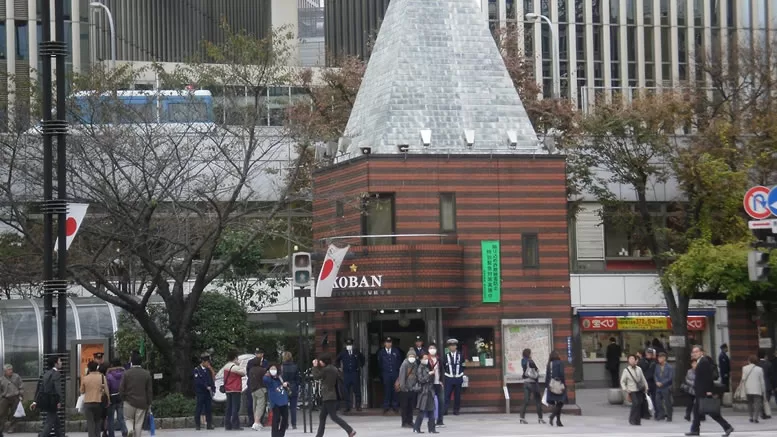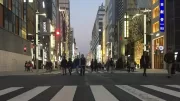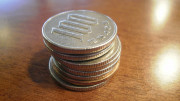At the time of writing, no immunisations were required for visitors to enter Japan, and there are no major illnesses or diseases out of the ordinary to be concerned about.

Japan, particularly Tokyo, maintains world-class hygiene standards, especially in the food sector. However, as with any destination, basic precautions should still be taken.
Hospitals in Japan are among the best in the world but also among the most expensive. Visitors should consider travel insurance to cover any medical emergencies. All hospitals have English-speaking staff and 24-hour emergency services.
Dental services are also widely available in Japan. Your hotel should be able to direct you to a clinic if needed. As with medical care, dental services are world-class but can be costly.
Pharmacies are easy to find, although language barriers may be an issue. Many pharmacies provide English symptom charts, allowing you to point to your condition or needs. Most operate during standard business hours, but some stay open later at night.
At many busy intersections in Japan’s major cities, you will find small police stations known as koban. The officers stationed at koban are generally friendly and receive training in basic English to assist tourists, particularly with directions. Around 20% of Japan’s police force is assigned to koban, which serve as bases for local foot patrols and help establish a visible police presence in the community.
In case of an emergency, public phones display emergency numbers. In Tokyo, the emergency numbers are:
- Ambulance and fire: 119
- Police: 110
- Earthquake assistance: 117
While emergency switchboard operators may not always speak fluent English, it is recommended to stay on the line, as the call can be traced and help will be dispatched.
Japan is located on the Pacific Ring of Fire and is therefore prone to tremors and earthquakes. The Japanese are well-prepared for such events, with safety drills and strict building codes in place. Modern Japanese buildings are designed to withstand earthquakes, with structural testing ensuring that buildings sway with the movement of the earth rather than collapsing.
If an earthquake occurs while you are in your hotel, follow the instructions of the hotel staff. Most Japanese hotels provide safety information in guest rooms, which you should familiarise yourself with. Rooms are also typically equipped with torches in case of a power outage.
If you are on a train during an earthquake, expect the train to stop and continue at a very slow pace to the next station. This is a standard safety measure. Listen for announcements from rail staff for further instructions.




